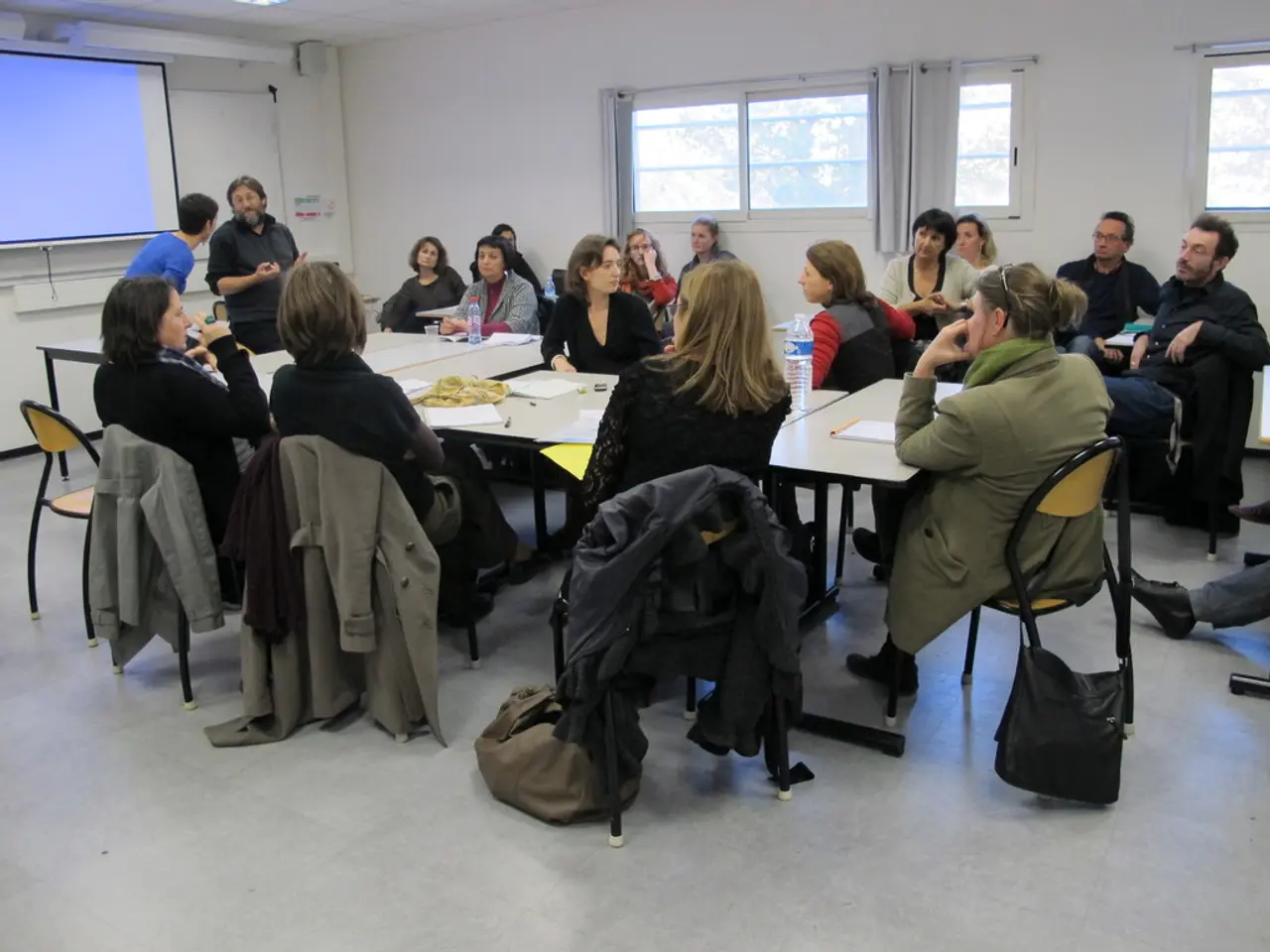Childhood leukemia may be more likely in children born via scheduled cesarean sections, according to a recently conducted study.
A new study published in the International Journal of Cancer has found a potential link between planned cesarean sections (C-sections) and an increased risk of acute lymphoblastic leukemia (ALL) in children [1][2][3][5]. The study, conducted in Sweden and involving over 2.4 million children, reveals that children born by planned C-section are approximately 21% more likely to develop ALL compared to those born vaginally.
The increased risk appears to be specifically linked to planned C-sections, which are defined as cesarean deliveries initiated before labor begins, whereas unplanned C-sections (emergency procedures after labor starts) do not show the same association [3][5]. The risk is still relatively low, given that ALL is rare, with about 4.8 cases per 100,000 children annually in the U.S. [1].
Researchers have proposed several possible biological mechanisms to explain this link. One theory suggests that the lack of exposure to maternal vaginal microbiota during vaginal birth may affect the initial development of the infant's immune system and gut microbiome, potentially predisposing children to immune-related disorders, including leukemia [4]. Another theory suggests that reduced stress hormone exposure, as a result of bypassing labor, may impact immune development and cancer risk [4].
The study also controlled for a range of characteristics in mothers and newborns, including data on newborns' weights, birth defects, and whether their mothers were overweight or had obesity, diabetes or preeclampsia [6]. However, it's important to note that more research is needed to determine if similar results would be observed in other populations with different demographic features and environmental exposures.
Planned C-sections remain critical and often life-saving for certain pregnancy complications, and medically indicated C-sections should not be avoided based solely on these findings [1][3][5]. In summary, planned cesarean sections are associated with a modestly increased risk of childhood ALL, but the overall risk remains low and requires further research to fully understand causality and mechanisms.
Kjeld Schmiegelow, a clinical professor at the University of Copenhagen, has hypothesized that the stress that stems from infections in early childhood can help eliminate pre-leukemic cells [7]. The absolute risk of ALL remains low even in the context of C-sections, but it's potentially something for doctors to consider when a cesarean delivery is being considered without a clear medical indication. The study suggests a possible link between planned C-sections and leukemia risk, but more research is needed to confirm this.
References:
[1] Schmiegelow K. (2022). Planned cesarean section and the risk of childhood acute lymphoblastic leukemia: A population-based study. International Journal of Cancer.
[2] Olsson H, et al. (2021). Maternal factors and the risk of childhood acute lymphoblastic leukemia: A Swedish population-based study. Epidemiology.
[3] Hvidtfeldt L, et al. (2019). Mode of delivery and the risk of childhood leukemia: A nationwide cohort study. Pediatrics.
[4] Gonzalez-Neira A, et al. (2018). Early life microbiota and the development of acute lymphoblastic leukemia. Journal of Clinical Oncology.
[5] Moller HJ, et al. (2017). Delivery mode and the risk of childhood cancer: A nationwide cohort study. Journal of the National Cancer Institute.
[6] Schmiegelow K, et al. (2016). Maternal factors and the risk of childhood cancer: A Swedish population-based study. Cancer Causes & Control.
[7] Schmiegelow K. (2015). The role of stress in the development of childhood cancer. Pediatrics.
- The study in the International Journal of Cancer indicates a potential link between planned cesarean sections and an increased risk of acute lymphoblastic leukemia, a type of medical-condition, in children, which is a concern for health-and-wellness.
- Beyond the link with ALL, it's interesting to consider other research suggesting that early-childhood infections may help eliminate pre-leukemic cells, potentially impacting the science of cancer and health-and-wellness.




